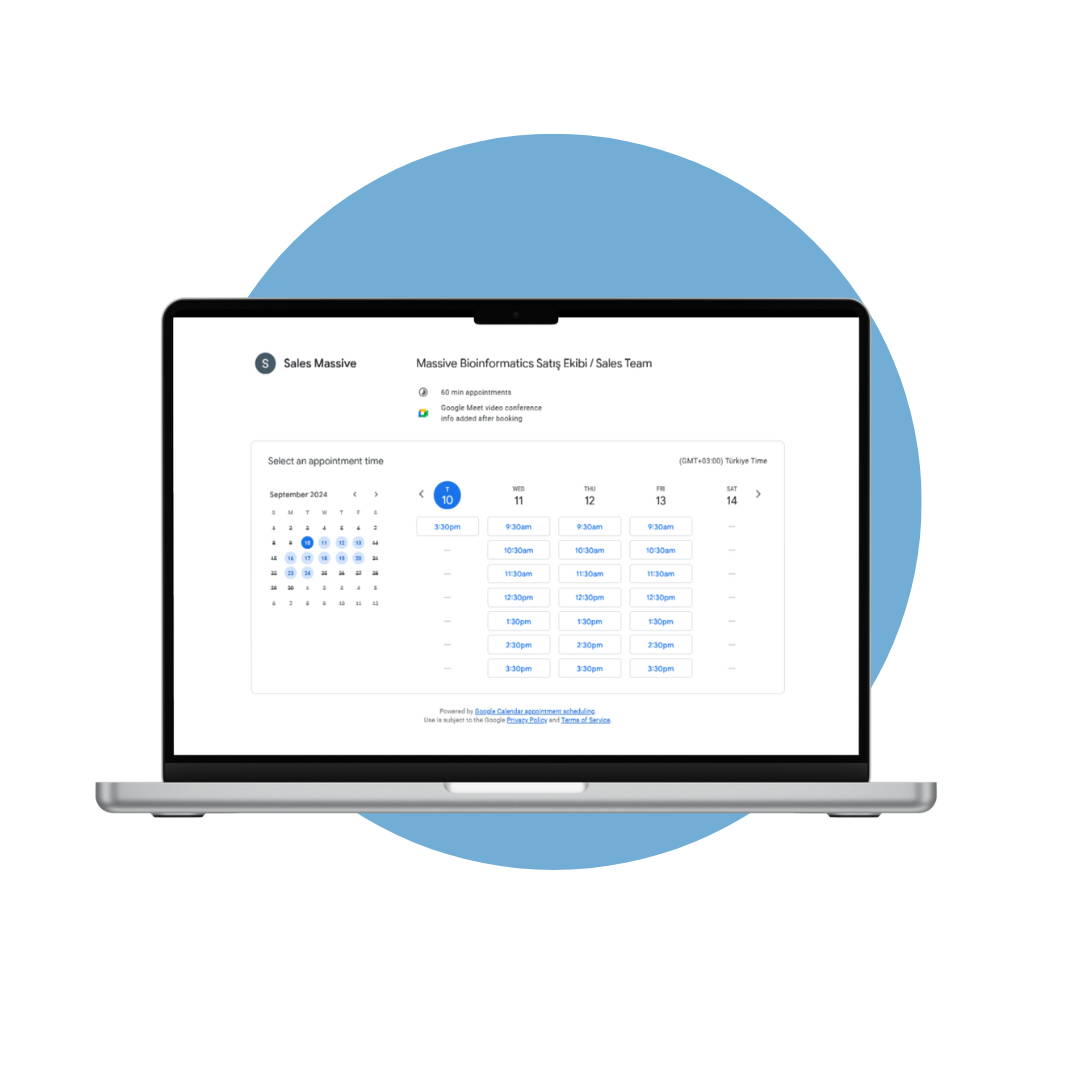MassBiome
MassBiome is a software product developed by the Massive Bioinformatics company that analyzes the diversity and microbial content of gut microbiome by 16S, 23S, and ITS genes of microbial strains.
Functional Groups in Your Gut
Some bacteria in the gut are involved in the breakdown or production of important compounds. These bacteria are referred to as functional groups. The percentage of these bacteria gives clues about gut health. For example, bacteria that break down dietary fiber to produce short-chain fatty acids are extremely beneficial for gut health and strengthen the immune system. The graph on the side shows the level of functional groups in your gut relative to values in the population.



From the Individual’s Point of View
We are delivering a comprehensive report system to clients which reports:
Pathogenic Bacteria
Functional Groups
Microbiome Type
Firmicutes/Bacteroidota Ratio
Microbiome Diversity
Susceptible Diseases
Protected Diseases
Probiotics Status
Vitamin Status
Specific Bacterial Abundance
Ready to use system set-up
Minimize your bulk loading with cost efficiency to deliver faster reports by flexible volume advantage of Oxford Nanopore Sequencing platforms
End-to-end traceable sample management with unique barcode system
8 to 12 months of ROI expectation for 576 sample system orders with the lowest selling price per sample.
STANDART
16S
ANALYSIS
Perfect for separating species quickly and cost-effectively
30K Different Species Detection
3-Day Run Time
End-to-End Solution
Personalized Diet Guidence
PRO
5S+16S+23S
ANALYSIS
Perfect for separating strains to subspecies comprehenisively with higher accuracy.
30K Different Species Detection
with higher accuracy
5-Day Run Time
End-to-End Solution
Personalized Diet Guidence
ULTRA
5S+16S+23S+ITS
ANALYSIS
Perfect for analyzing microbiome and mycobiome with single analysis.
Single Pipeline for 2 Different Purpose
Higher Accuracy
End-to-End Solution
Personalized Diet Guidence
Disease Detection
Inflammatory bowel disease (IBD)
Inflammatory bowel disease (IBD) is a term mainly used to describe 2 conditions: ulcerative colitis and Crohn’s disease, which are long-term conditions that involve inflammation of the gut. Ulcerative colitis only affects the colon, whereas Crohn’s disease can affect any part of the digestive system, from the mouth to the anus. People of any age can be diagnosed with IBD; however, patients are usually diagnosed between the ages of 15 and 40.
Nonalcoholic fatty liver disease (NFLD)
Non-alcoholic fatty liver disease (NAFLD) is the term for a range of conditions caused by a build-up of fat in the liver. It is usually seen in people who are overweight or obese. A healthy liver should contain little or no fat. Early-stage NAFLD does not usually cause any harm, but it can lead to serious liver damage, including cirrhosis, if it gets worse.
Determining Vitamin Status
C (Ascorbic Acid)
Vitamin C is a water-soluble vitamin involved in the formation of bone-connective tissue and wound healing. Vitamin C is important for the immune system and iron absorption in addition to having antioxidant properties. Vitamin C deficiency can cause scorbutic disease and weakening of body resistance. Because of its importance in iron absorption, deficiency of vitamin C can lead to iron deficiency anemia since iron absorption from plant sources is limited. Vitamin C supplementation can reduce the severity and shorten the duration of cold symptoms. Foods such as citrus fruits, red-green peppers, kiwi, broccoli, and strawberries are rich in vitamin C.
D (Calciferol)
Vitamin D is a fat-soluble vitamin that is crucial in many systems especially in bone strength, muscle movements, nervous and the immune system. The most common way to synthesize this vitamin is through sunlight. Vitamin D deficiency can lead to problems such as bone resorption, muscle weakness, and rickets in children. Foods rich in vitamin D include seafood such as salmon, sea bream, anchovies, sardines, and tuna, as well as cheddar and egg yolk.
Recommended Foods
The nutrient table provides a nutritional recommendation based on the results of your gut microbiome analysis, aiming to increase important information such as low vitamin levels, functional group bacteria amounts and probiotic levels. However, this recommendation is only a starting point and should be customised taking into account the individual’s health status, lifestyle, eating habits and other factors. Therefore, it is recommended to consult a dietitian for a more comprehensive nutrition plan.
Probiotics Analysis
Probiotics are beneficial bacteria and yeasts that play a role in the balanced functioning of various body systems, especially the digestive system. Probiotics, which also play a major role in preventing the disease-causing effects of harmful bacteria, are naturally found in the body. The benefits of probiotics in the intestine are largely aimed to ensure the proper function of the digestive and immune systems. Beneficial bacteria have an important role in maintaining microbiota balance. If probiotics are at low levels, disorders in the functioning of the body and health problems may occur. For these reasons, it is always necessary to pay attention to the rate of probiotic bacteria in the intestine. Probiotics can be taken into the body with specially produced nutritional supplements, as well as yoghurt and other fermented foods.

Register Interest
Contact us now!
From customized bioinformatics analysis and innovative software tools to Next Genereation Sequencing devices we provide everything you need to improve your research. Explore our services and products today. Contact us to schedule a meeting with our experts about your research projects. Together, we can make a difference.
Expert Consultancy
When you contact us, you can discover the most suitable solutions for your projects through one-to-one meetings with our expert consultants.
Customized Services
With services and products tailored specifically to your needs, we will accelerate your research processes and help you achieve your goals in less time.










